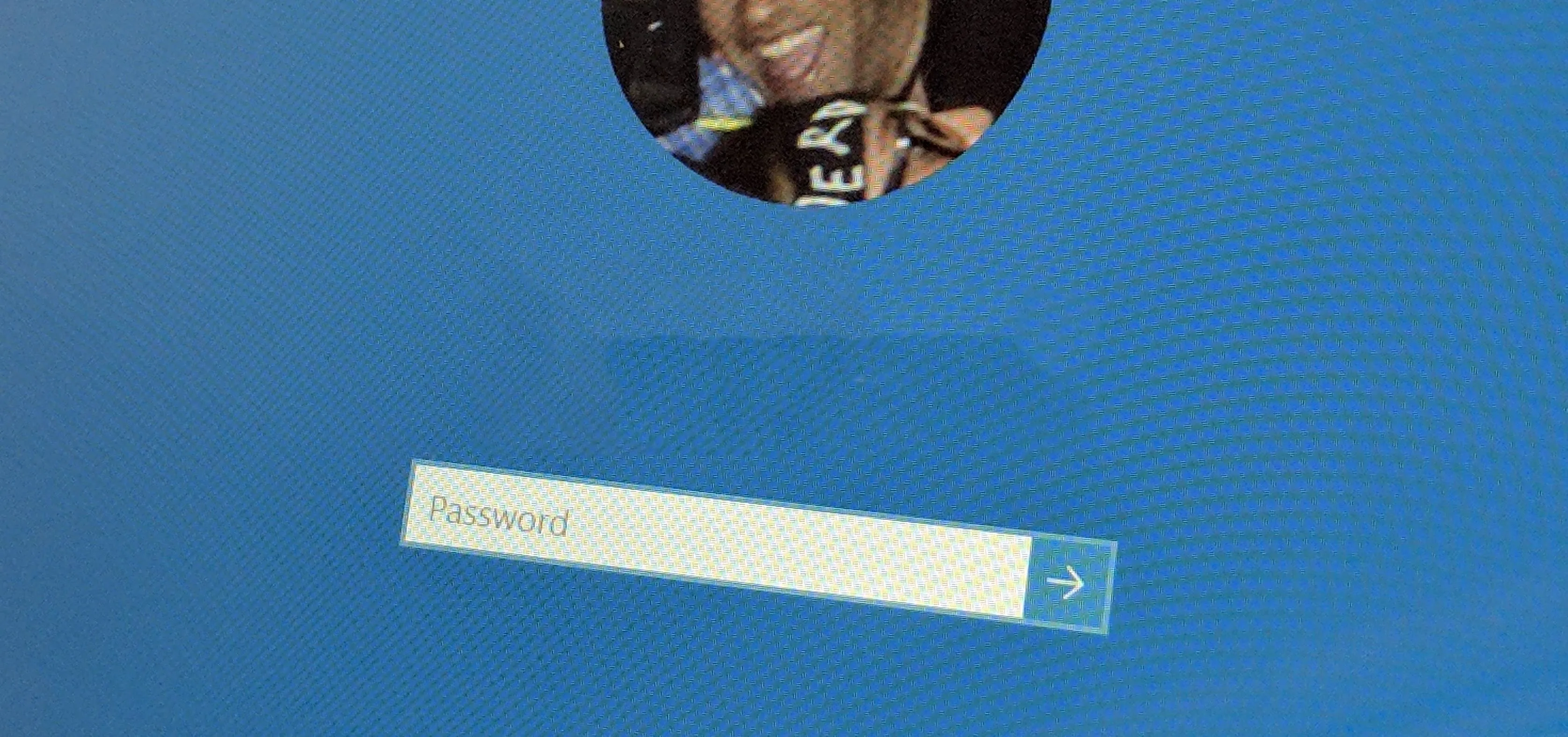You would be amazed at what sites you visit all about you.With these tips, make yourself something anonymous on the worldwide web.
1. Hide your IP address
Do you want to check what just about every other site knows about you based on your unique IP address, than you like to surf whatismyip.org . How to hide your IP address? There are some programs. The most famous is probably the Tor network . Other services which do much the same, they are paying Anonymizer or a program like ProxyWay .
2. Stay as much as possible to secure sites
Secure sites recognizable by the URL that begins with https instead of http. At such a site, the traffic between your computer and the server of the site is encrypted. So this traffic can not be intercepted. This is especially important if you do online banking.
But not just banking sites and online stores contain encrypted pages: onhttps://encrypted.google.com you secure googling, and Facebook has a secure version. Dive into the security settings of the site to which to turn.
3. Cookies cleanup
Haa, cookies. These small text files maintain websites for information about your doings. They know for example which links you have clicked, and make it purple instead of blue. These session cookies are usually harmless.
Another type of cookie remains on your system and piggybacks during your surf session. So you get such advertising tailored dished. You can change that third partycookies off in the privacy settings of your browser. Furthermore, it can make them better now and clean up. If we do get a cookie keeps slipping through the net in the only info in about a week, instead of months or years.
4. Temporary Internet files
every site you visit, leave a trace in the browsing history on your computer. Browsers have a built-in ability to delete your temporary Internet files. Unfortunately, you rarely remove everything, even with specialized software.
Would you really be sure, for example because you love a particular IT worker is suspicious and you're looking online for an engagement ring, you will need to encrypt your hard drive. With a program like TrueCrypt for example.
5. Incognito browser
To make things easier to have the most modern browsers called incognito mode, also called porn mode. Put that on, the browser will not store information about the sites you've been. In Firefox, called Private Browsing mode and you'll find under Tools, Internet Explorer Security is he and he called InPrivate.
Chrome is called Incognito Mode in the meantime. Please note that private browsing does not preclude sites see your IP address and will not stop keyloggers or spyware. The mode protects you against people who mainly use the same computer and on your browsing history such as unstoppable.
6. Java and Flash
! Java and Flash sites are very dynamic, with moving images and interactive features. They do it by code to be executed by your computer downloads. That all off is not really an option, the check is stricter.
To get Java to adjust settings, go to the Java Control Panel in the Windows Control Panel. Flash should you come back online, on clickx.be / link / Flash . The control at the top of the page lets you choose which sites may send information, how much space Flash Player on your PC may use and so on.
7. Keep your PC free from spyware
Spyware looks along with what you Zaal uitspookt on the PC, in the hope of gain from them by your example to steal your password. So take a good antispyware tool in the house. Do you have a complete security suite then you probably already out there, but a regular antivirus program is usually not enough. Spybot - Search & Destroy is a good, free tool, like Lavasofts Ad-Aware .
8. Use fake email addresses
on almost every website you must nowadays your address. It then enters a long list, entitled "People to whom we can send spam. Would you rather not have your real email address, your real name and information lying around everywhere, you make a false e-mail address.
I have one called 'Spam', that I give whenever I need to fill out a form somewhere.My real name is neatly omitted, and if I do not have a pool of junk to wade, whenever my mail nakijk.
9. Remove metadata from your pictures
If you have a modern camera takes a picture, then there are all sorts of fun with metadata: what camera you used, where and when the picture was taken. Cool, until you get that picture of your hamster in the window online, and all the GPS coordinates of your house can look.
You can change your images as much as possible, of course, online security, and ensure that the world they do not get to see or download, but once something is online, you never know. So play it safe and remove the metadata from your photos before you put them online. For example, with JPEG & PNG Stripper (under Misc) or ExifStripper .
10. Common sense
is probably the most obvious, but also the hardest tip: know what you're doing. For that you need on the Internet with the skepticism of a seasoned tax auditor. A few guidelines: your bank will never ask you for certain information via email to "confirm" and you get a blank form demonstration.
Doubt you an email, do not click on a link in that text. For example, log in to your online banking and look at news there, or call us with your bank. Assume that emails in particular bad Dutch suspect, and emails from state institutions in English even more so.



Comments
No Comments Exist
Be the first, drop a comment!